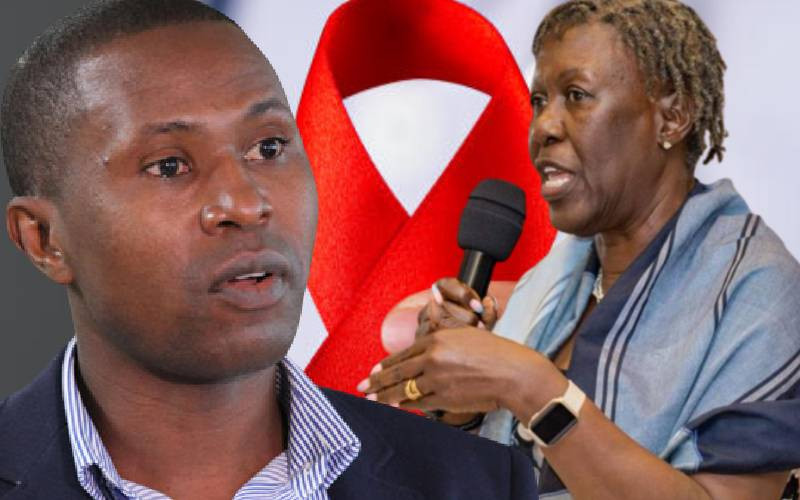×
The Standard e-Paper
Join Thousands Daily

Dorothy Onyango the CEO of Women Living with HIV in Kenya, now 66 years old, was diagnosed with HIV in 1990, at the time there was no medication and stigma was high.
"Those 33 years ago you could not talk publicly about HIV. We used to meet secretly as women with HIV to talk about challenges we were facing, there was no medication then, and those that came along were expensive"